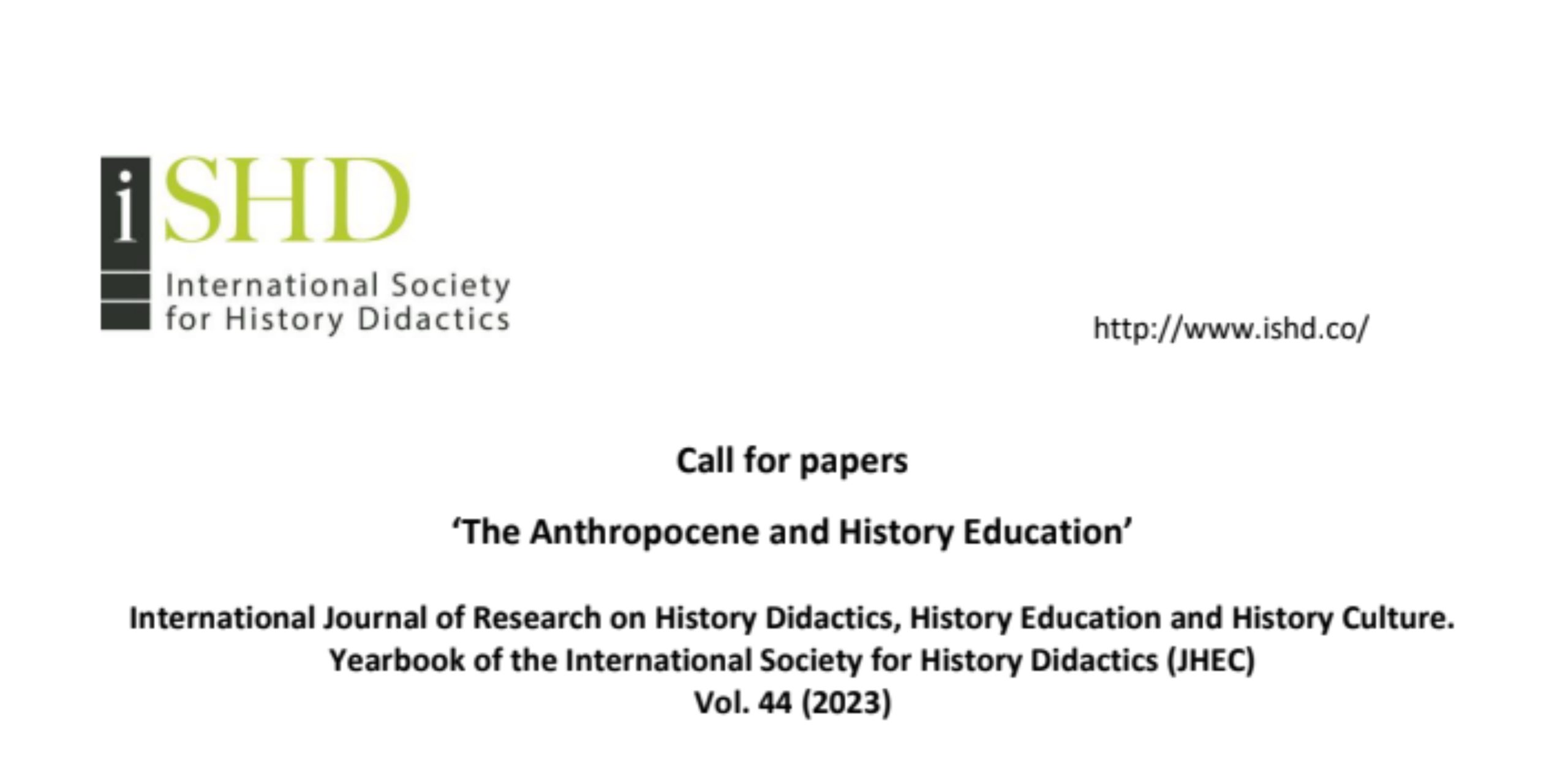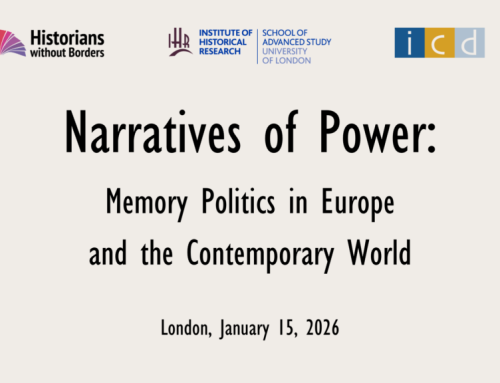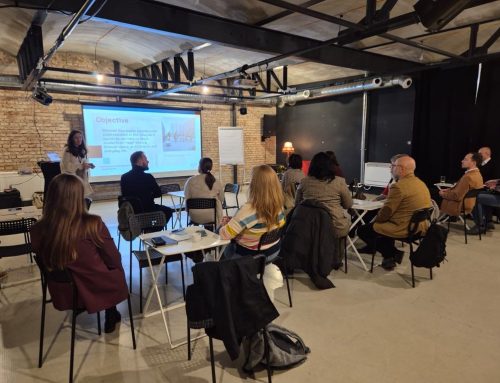Call for papers for publication in International Journal of Research on History Didactics, History Education and History Culture. Yearbook of the International Society for History Didactics (JHEC) Vol. 44 (2023)
The thematic part of JHEC 44 (‘Focus’) deals with the topic ‘The Anthropocene and History Education’. The relatively new concept of the ‘Anthropocene’ refers to a geological epoch in which the Earth system is being structurally shaped by human activities for the first time in the history of the planet and humanity. The Anthropocene thus denotes both a new epoch in the history of the Earth and a new era in human history. This fact is undoubtedly of great importance for history didactics and history teaching in theory, research, and teaching practice for several reasons.
For example, it calls for reconceptualizing the relationship between the human and the natural in the study and narration of human history. Both historiography and history education have traditionally made a strict division between humans (as ‘actors’ in history) and nature or the environment (as ‘objects,’ ‘circumstances,’ or ‘resources’ of human action). The challenge is to find a new, innovative understanding of history that integrates human history into an overarching system of mutually influencing human-environment interactions.
The concept of the Anthropocene is also linked, for example, with the urgent call to preserve the Earth as a habitable planet for the future. This applies to all humankind, but especially to the most vulnerable groups of world society in the Global South, who are more threatened than other societies by the effects of climate change and environmental pollution.
If history education is to provide the younger generation with historical orientation in the present and future world redefined by the Anthropocene, it should incorporate new thematic approaches such as ‘Big History’ (David Christian), the story of the human production and consumption of energy, or new narratives like ‘Big Acceleration’ (William McNeill), which portrays the Cold War and post-Cold War history as global environmental history. Likewise, there is the question of the relationship between national and global history, of didactic ways for overcoming the ‘anthropocentric’ perspective in historical thinking, and of new methodological approaches.
The ISHD welcome all research papers, which explore the relationship between history education and the Anthropocene, whether with a theoretical, critical, or practice-oriented approach.
Deadline for submission of articles: 15 March 2023
Please send your file by email to the managing editor Dr. Dorota Wiśniewska, University of Wroclaw, Poland, email: dorota.wisniewska@uwr.edu.pl. Your submission will be confirmed in a timely manner.
Additional notes
In addition to thematic contributions (part ‘Focus’), the JHEC always accepts thematically free articles (part: ‘Forum’). Overviews of literature and reviews of book related to history didactics, history education and history culture are also welcome, but please consult managing editor (dorota.wisniewska@uwr.edu.pl) prior to submitting your review.
JHEC is a double-blind, peer-reviewed scientific journal. Only papers that have not yet been published (in whole or in part) can be accepted.
Please carefully follow the editorial guidelines and the style sheet when setting up the manuscript. Also make sure that the English text is proofread by a native speaker if you are not a native speaker yourself.













